The Hong Kong
government lost an appeal Wednesday of a high court ruling
against a law that says men younger than 21 who engage in
sodomy should be jailed for life. A panel of three
court of appeal judges upheld the original decision
issued by the lower court in August 2005, the court's
ruling said.
The laws were first challenged by William Roy
Leung, a then 20-year-old gay man who argued he should
be able to have a loving relationship without fear of
imprisonment. In last August's ruling, high court judge
Michael Hartmann sided with Leung, saying the laws against
sodomy infringed on the rights of privacy and equality
for gay men.
While gay men caught engaging in sodomy when
either sex partner is under 21 would face life
imprisonment, heterosexual couples can legally have
sex at age 16. The government appealed the August ruling
after it stirred an uproar among Christian groups, who
have vigorously campaigned against gay sexual rights.
On Wednesday the court of appeal dismissed the
government's appeal. "At one stage, societal values
dictated that buggery was some form of unnatural act,
somehow to be condemned and certainly not condoned. These
values have changed in Hong Kong," Chief Judge Geoffrey Ma
said in the judgment. "I cannot see any justification
for either the age limit of 21 or, in particular, for
the different treatment of male homosexuals compared
with heterosexuals," Ma said.
Leung did not appear in court Wednesday but said
in a statement issued by his lawyer, "This is a
victory not only for me and the gay community in Hong
Kong. It's a victory for all of us in Hong Kong, gay and
straight alike, who all have fundamental human rights."
Leung's lawyer, Michael Vidler, said he was
satisfied with the result. "It's the second time the
government has comprehensively lost in this case," he
told the Associated Press. "If a law is
unconstitutional and discriminatory, the sooner it is
changed the better," he said.
Wednesday's ruling does not erase the
law--the legislature would need to remove it
from the statutes first--but it does make it
technically unenforceable, Vidler said.
Connie Lam, a spokeswoman at the Security
Bureau, said the Department of Justice was carefully
studying the judgment. She declined to say whether the
government would further appeal the case. (Sylvia Hui, AP)
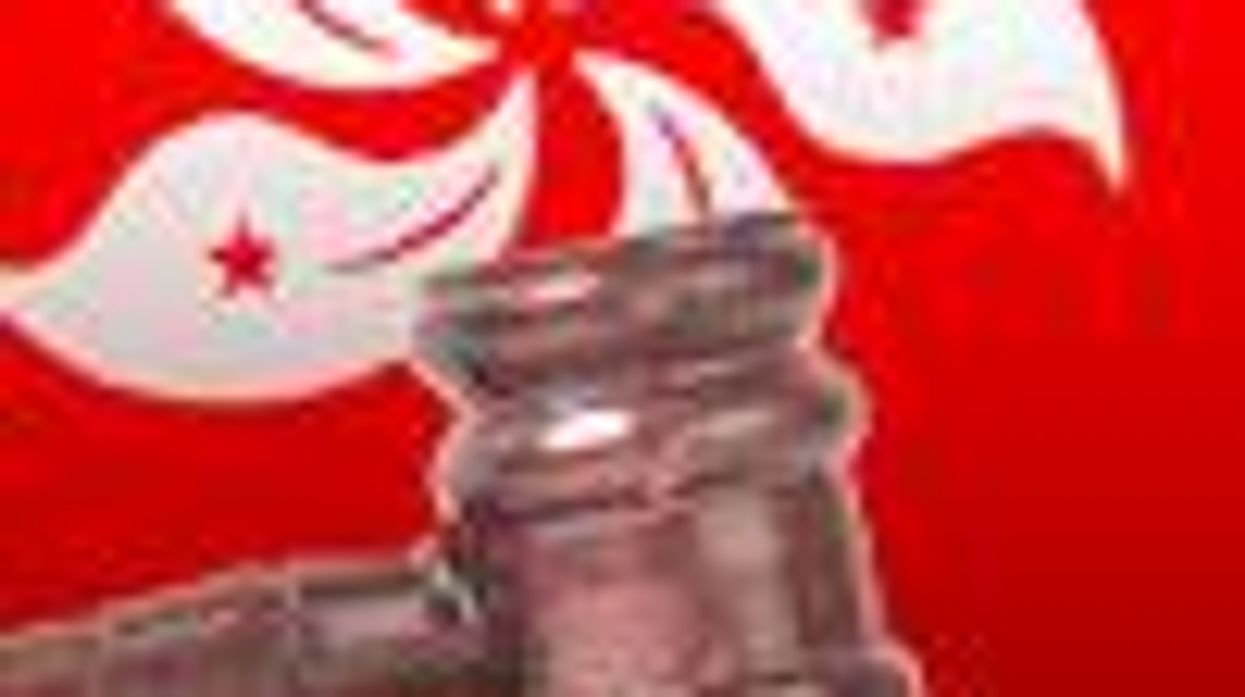






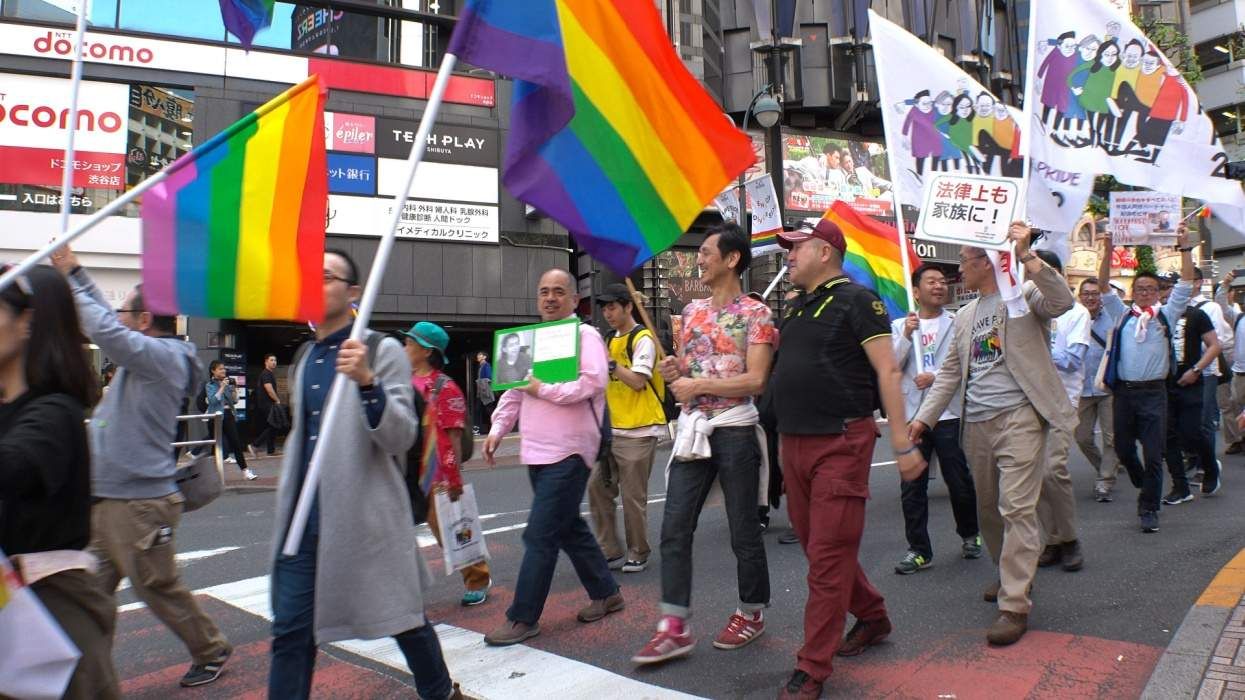


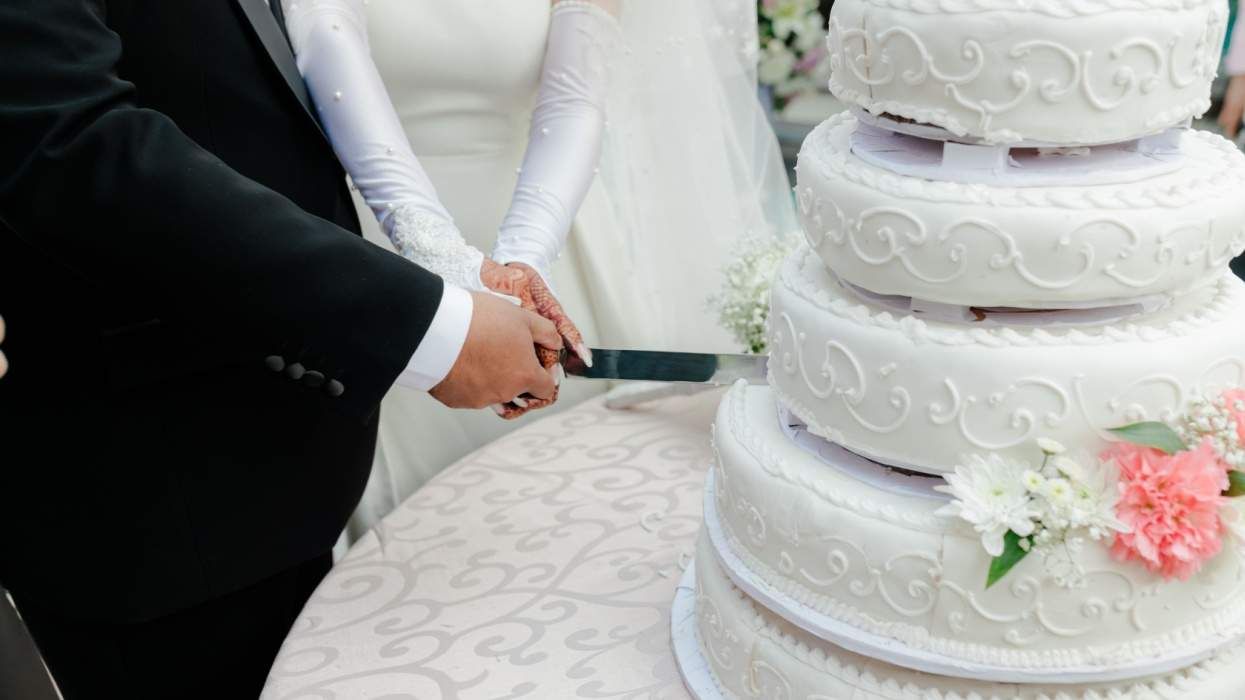

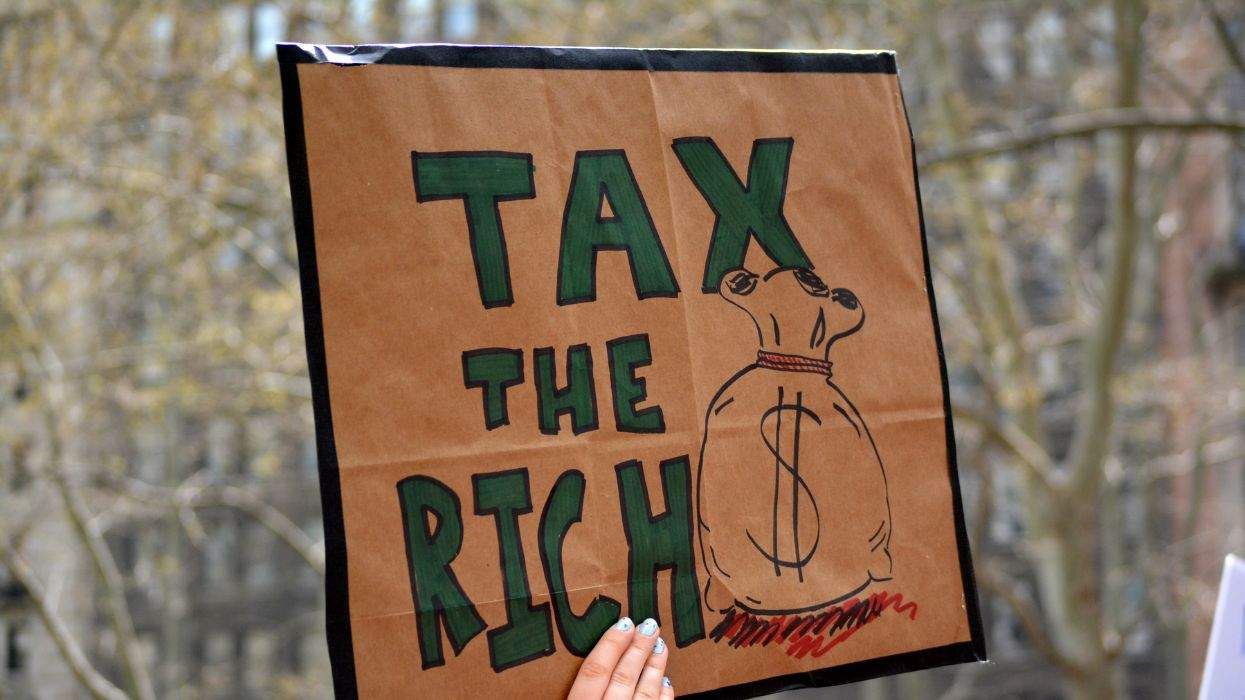
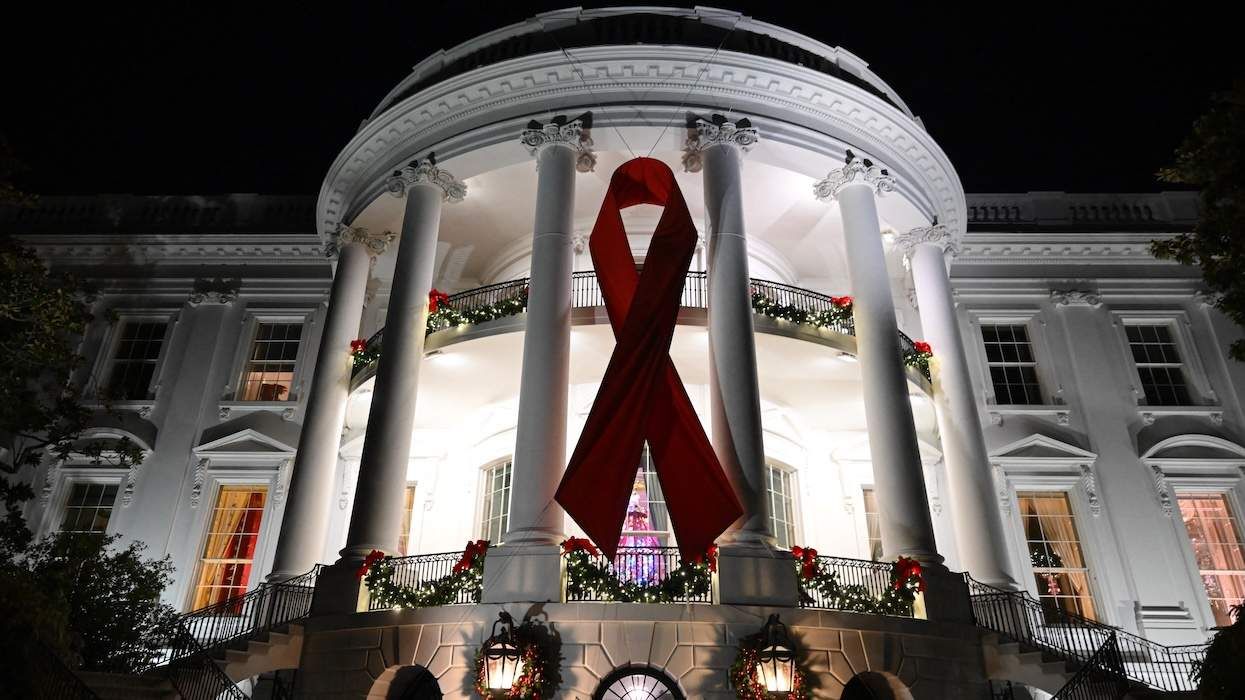
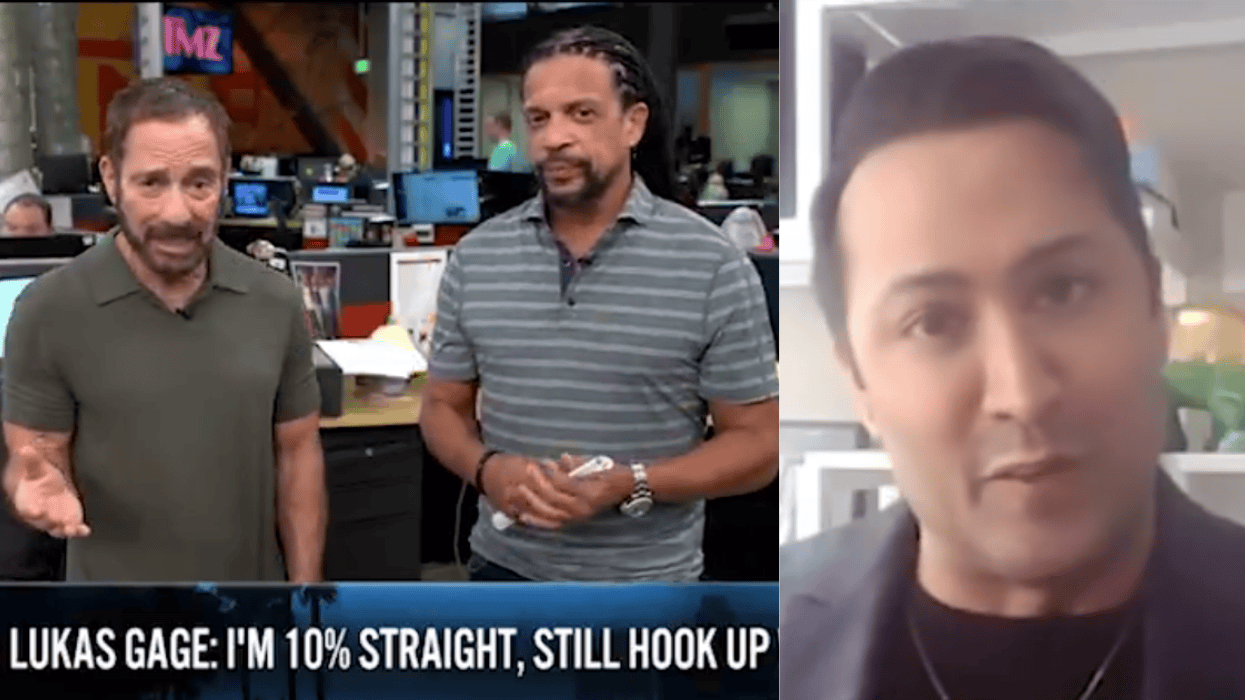
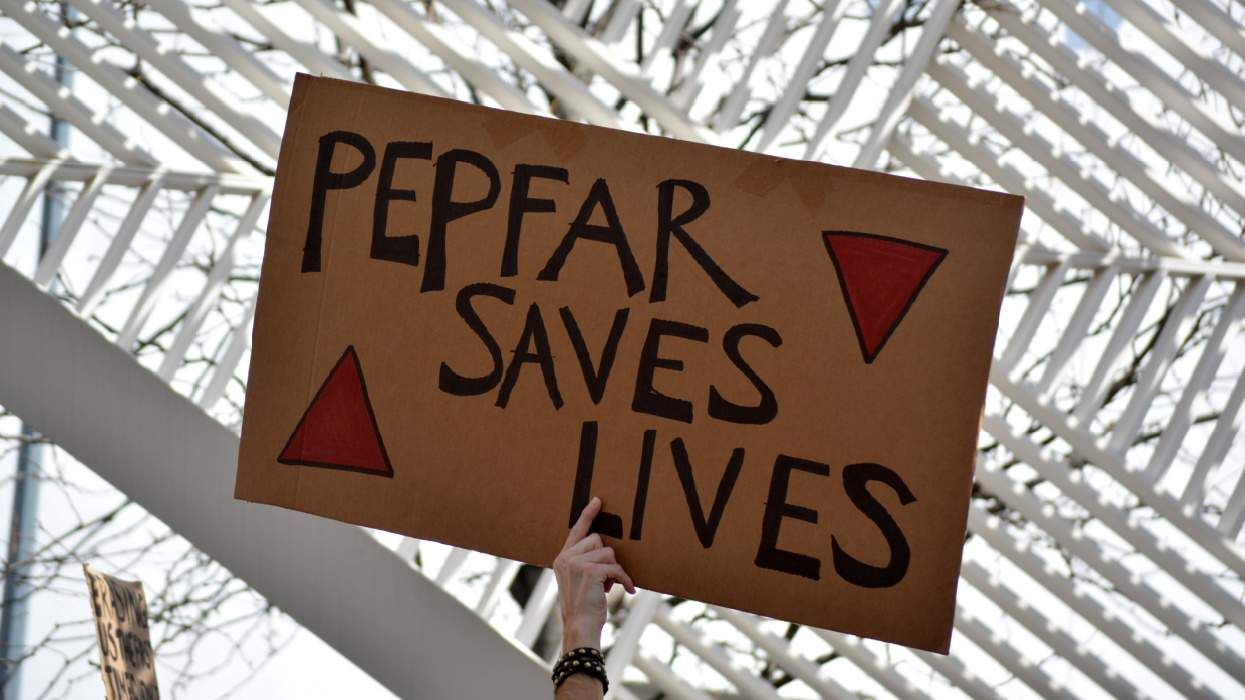
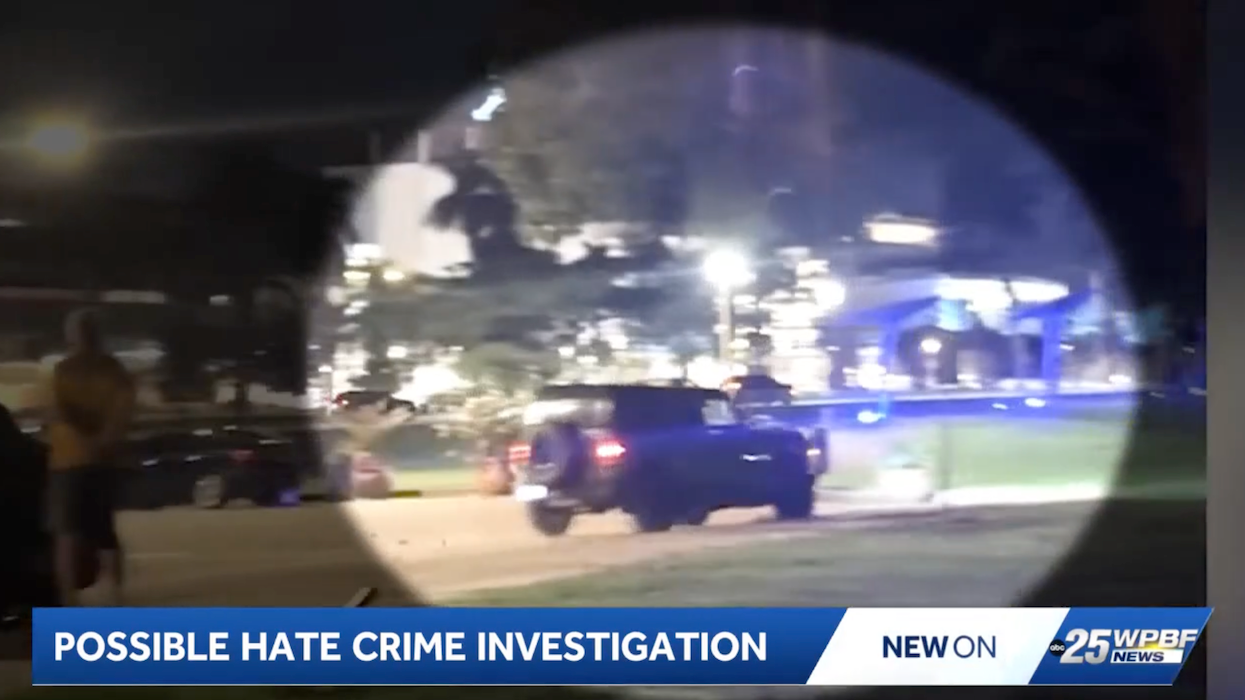
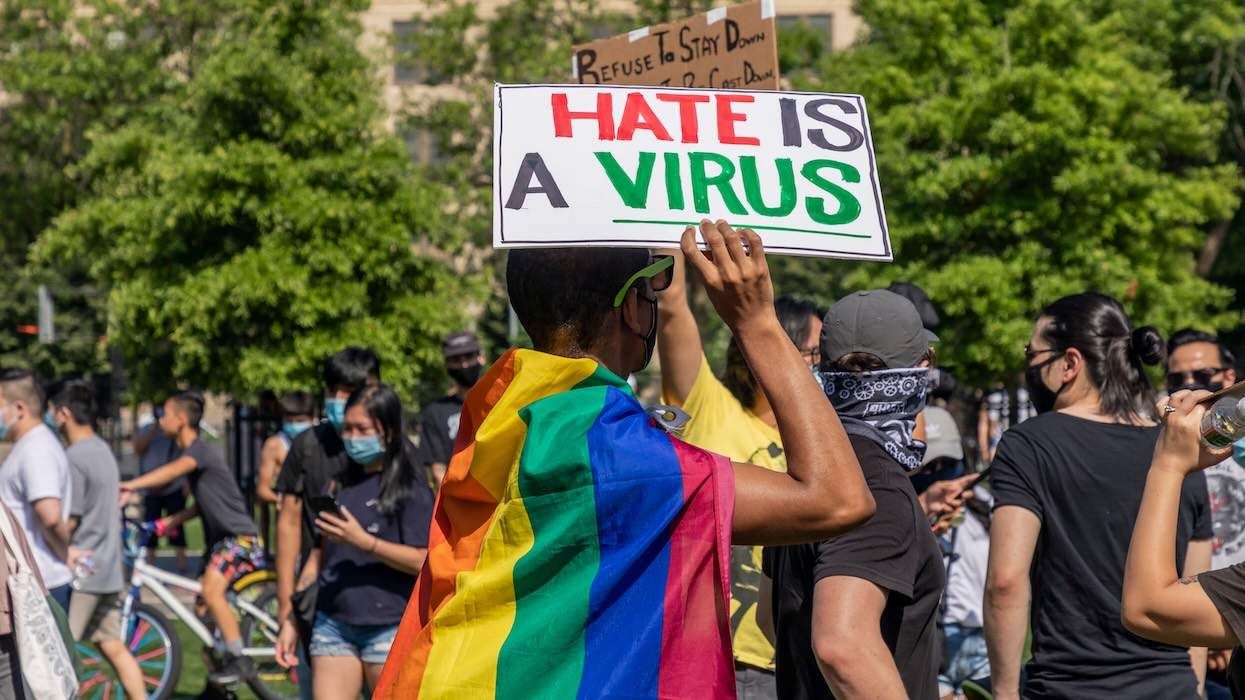



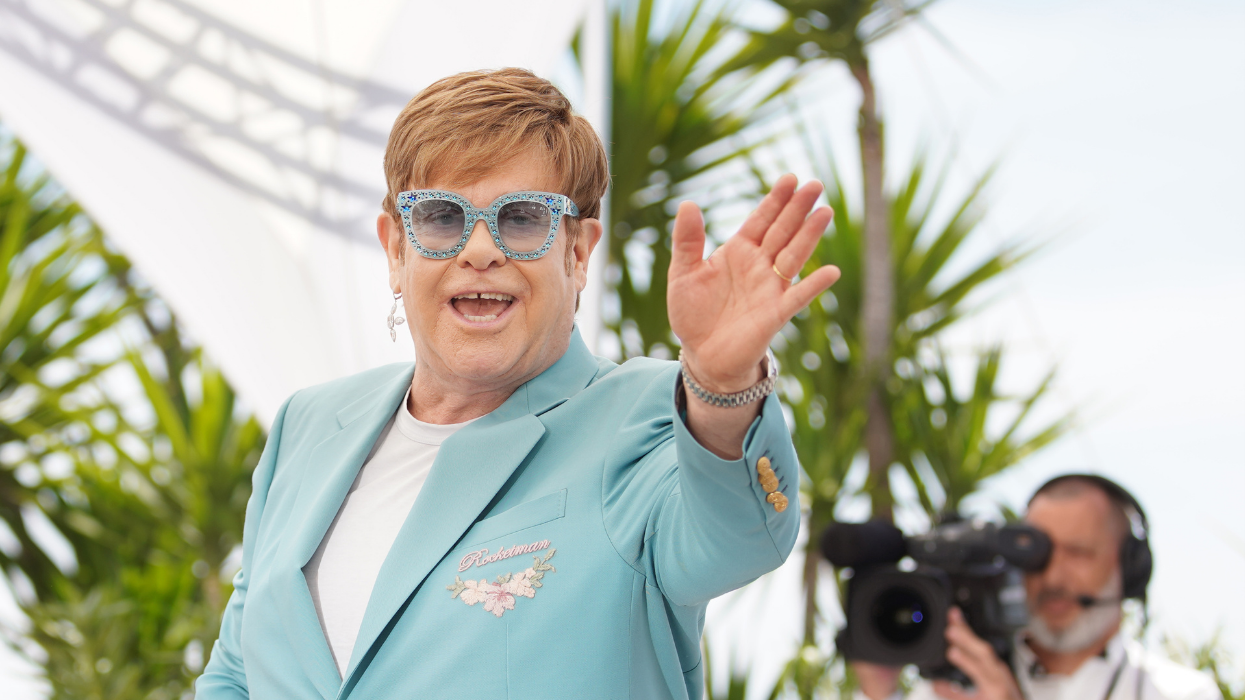
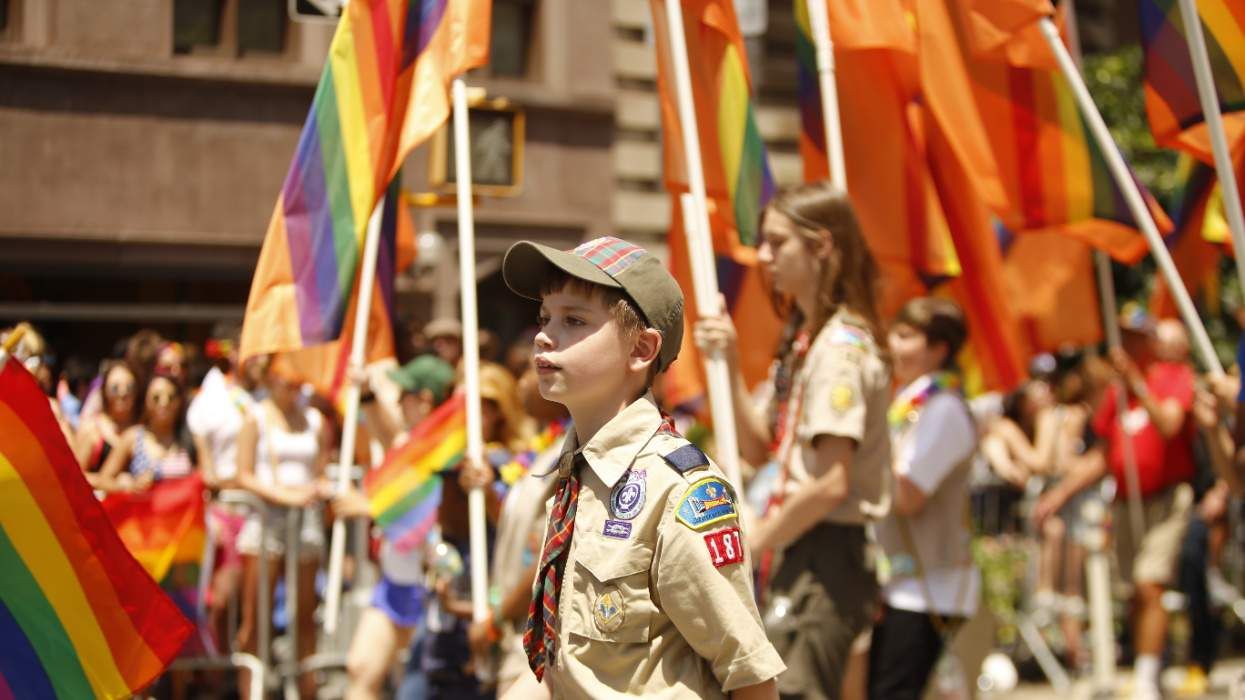
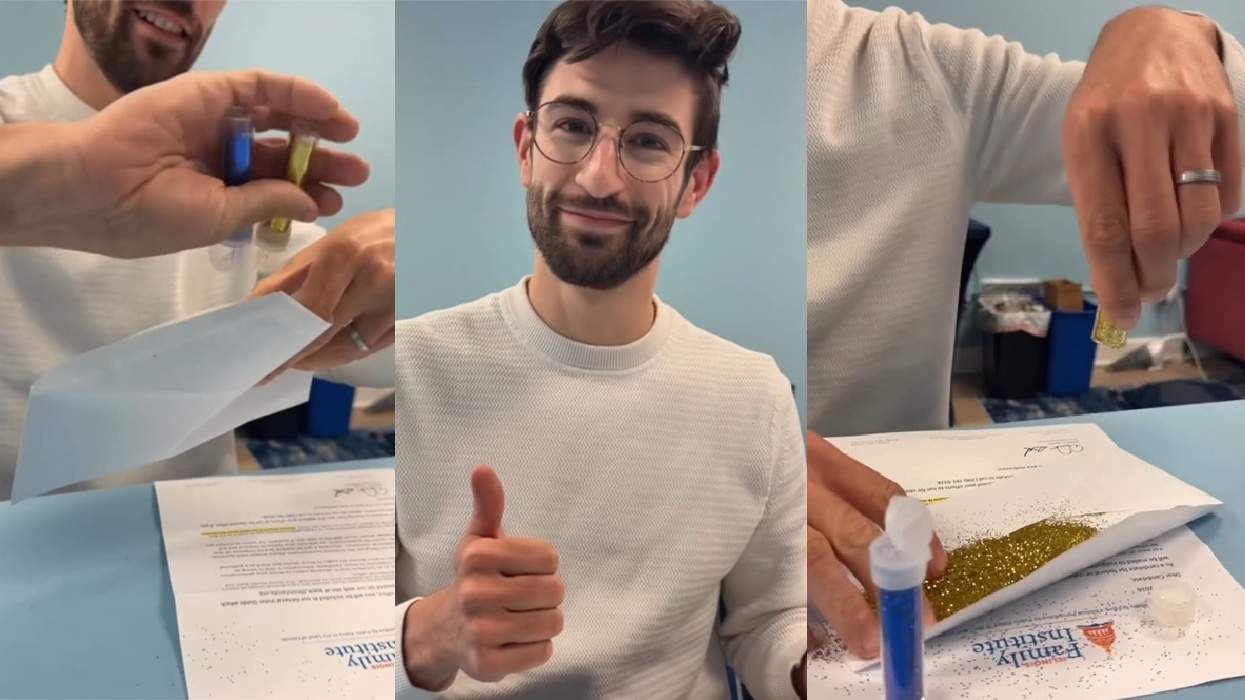
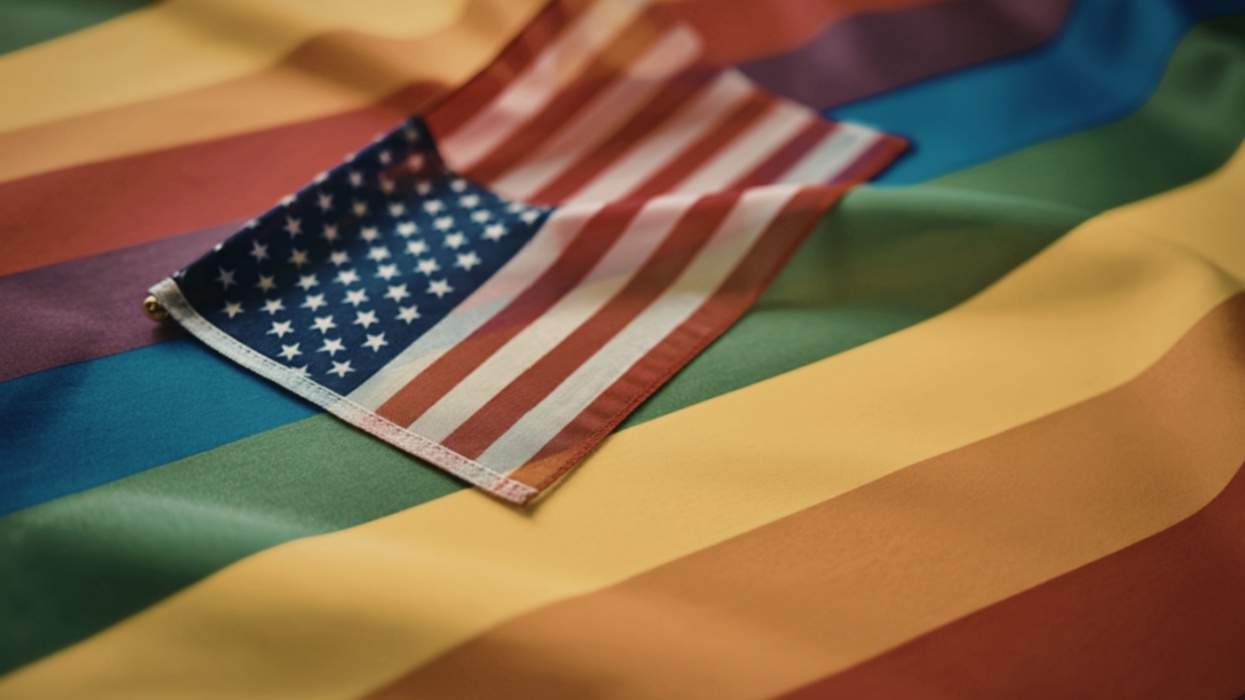

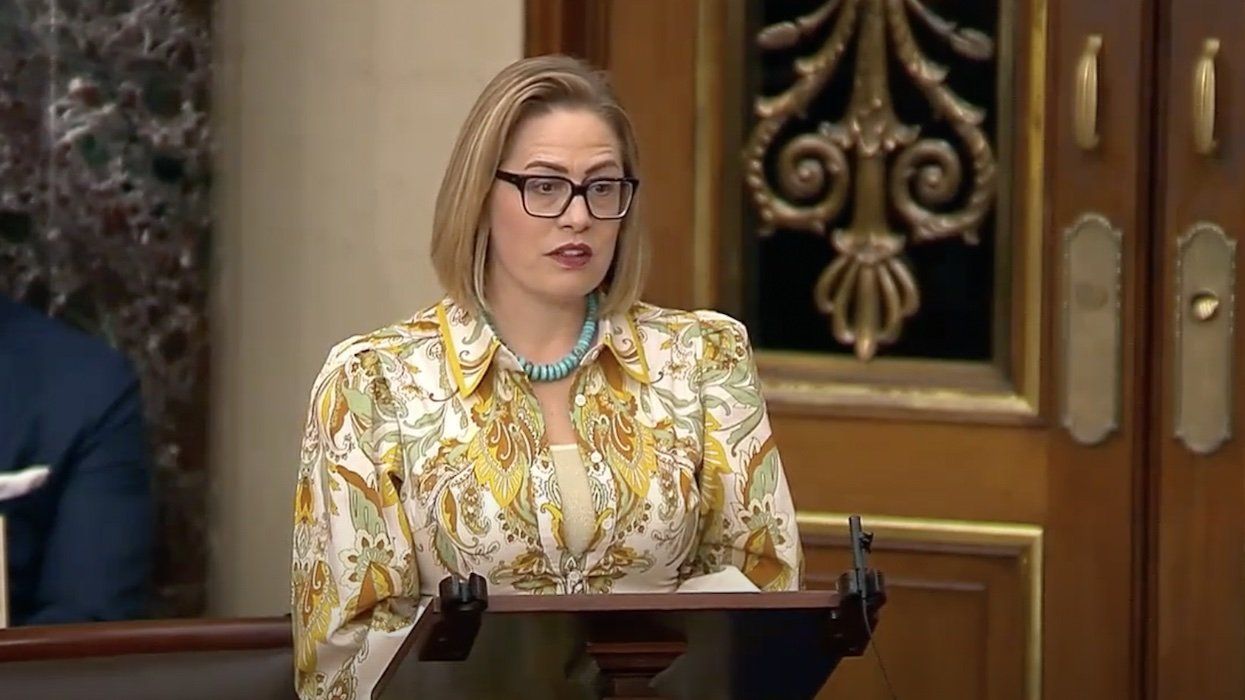









































Charlie Kirk DID say stoning gay people was the 'perfect law' — and these other heinous quotes